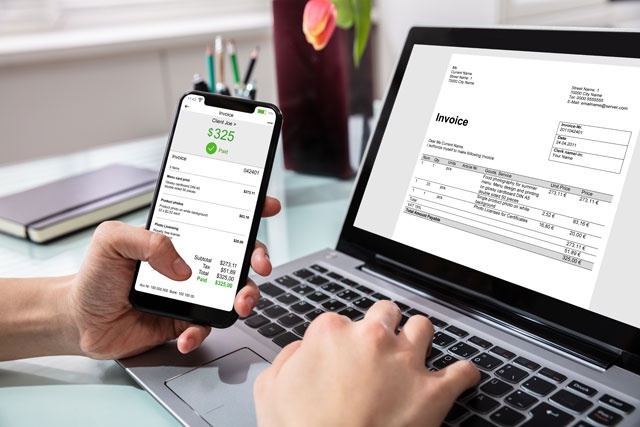When focusing exclusively on the loan application, contemporary loan officers tend to do things a bit differently than their historic counterparts.
While some prefer the traditional in person method of applying for a loan, others feel the time involved in making an appointment, meeting with a loan officer, and awaiting the final word are unnecessarily time consuming and can be lessened by going online and completing an application.
While possibly more expedient, online applications have a second benefit, that of being green for they are essentially paperless, environmentally friendly products.
With respect to the basic applicant requirements where loan applications are concerned, regardless of whether conducted online or in person, it remains critical that the applicant provide identifying and financial documentation verifying who they are and, basically speaking, their general net worth.
Basic pieces of information include: social security numbers (SS#) of both the applicant and their spouse (if applicable), marital status (goes hand-in-hand with the SS#), individual's age, number of years of formal education, number and ages of dependents, present physical and email address, and telephone number.
A loan officer's central concern is whether a borrower will be able to repay their loan within a specified timeframe. Hence, the applicant must provide documentation pertaining to employment history (many loan officers require a minimum of two years on the job), salary history, bonuses, commissions, and average overtime pay.
Documentation (copies not originals) should be obtained indicating the loan candidate's employment status (inclusive of payments and earnings). Such physical materials include: two pay stubs covering at least one month's period, YTD earnings including bonuses and overtime data, and W-2's for the past two years or for those who are self-employed, signed tax returns or 1099's for the past two years.
Loan officers also use what is known as a "Verification of Employment" (VOE) form. Sent to employers of candidates who have been on the job for less than two years, these are used to verify an individual's employment and earnings.
Known to increase an applicant's odds of getting a loan, the loan officer will also inquire as to additional sources of income. Hence, if desired to be revealed, should an applicant derive funds on a regular basis (known as ‘maintenance income') from investments, alimony or palimony (will need divorce decree and marital settlement order), residuals, and other sources. This can play a pivotal role in shaping the candidate's financial well being, thus, their ability to repay the (principal plus interest) loan amount.
For these reasons, with respect to checking, savings, retirement 401(k), stocks, mutual fund accounts, loan candidates are encouraged to submit the following items:
· Names and addresses of financial institutions holding any supplemental monetary accounts.
· Account Number(s).
· Account Balance(s).
· Statements covering the past two months.
To provide a full picture, loan candidates need also provide the following information pertaining to outstanding loans and credit cards.
· Name and addresses of lenders.
· Account numbers.
· Balances.
Although perhaps more critical for those seeking a mortgage loan, documentation pertaining to the real estate owned by loan candidates are also required materials.
· Property addresses.
· Market values.
· Loan information.
· Copies of leases on any rental property you own.
· Evidence of homeowner's insurance.






























